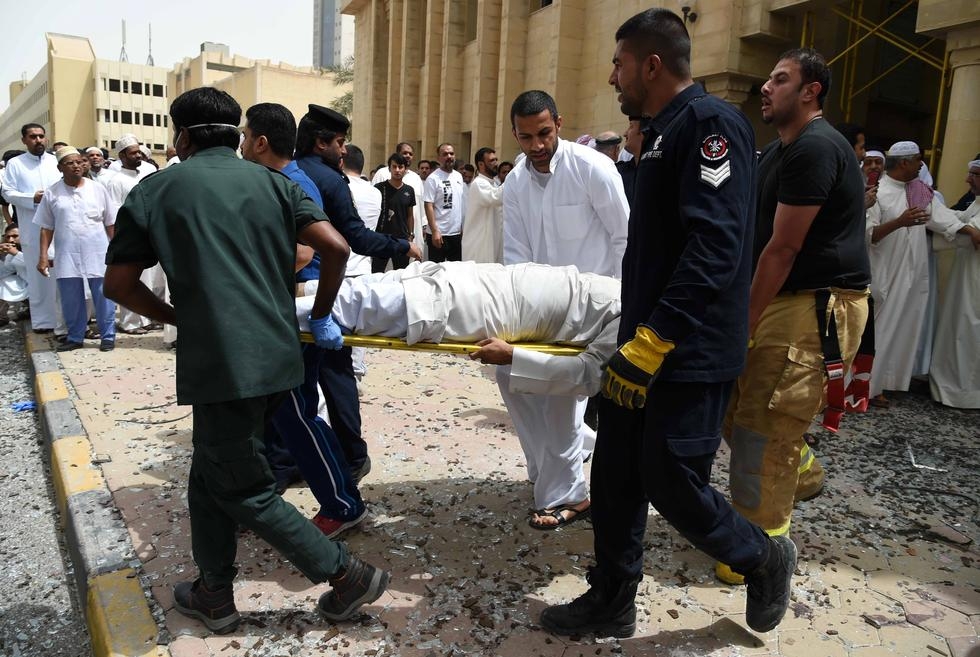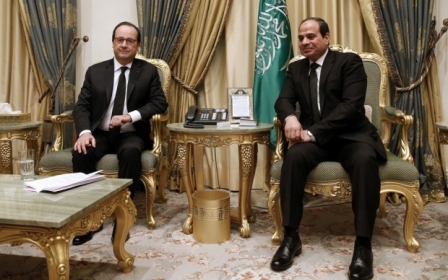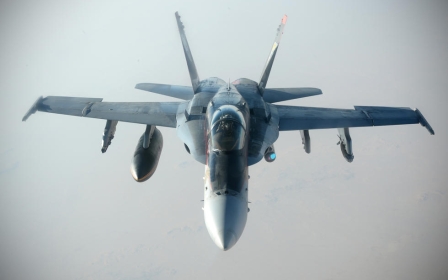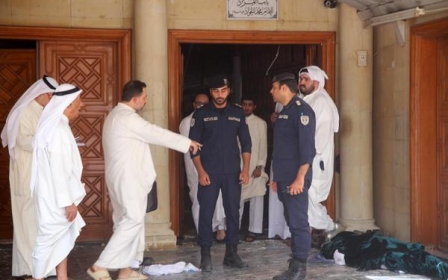US condemns Tunisia, France, Kuwait attacks but sees no coordination

The United States condemned "heinous attacks" in France, Kuwait and Tunisia on Friday but said it had seen no evidence that they were directly coordinated.
"Our thoughts and prayers are with the victims of these heinous attacks, their loved ones, and the people of all three countries," the White House said.
"We stand with these nations as they respond to attacks on their soil today and we have been in contact with appropriate counterparts in all three countries to offer any necessary support."
Aides said US President Barack Obama was being regularly briefed on the trio of attacks, which spanned three continents.
"I want to make clear I think there is a common thread here of extremist activity," State Department spokesman John Kirby said.
"But I don't believe we've seen any evidence of tactical coordination ... between the attacks, or by any one or any number of individual terrorist organisations."
In France, a man was beheaded at an American-owned gas factory in the southeast of the country.
Officials say it was a "terrorist" attack: National Public Radio reported that a flag of the Islamic State (IS) group was reportedly found at the factory.
The attacks took place at the facilities of Air Products, an American company whose headquarters are in Pennsylvania, United States. It's not yet certain whether the man was acting alone.
Multiple gunmen opened fire at tourists visiting a Tunisian beach resort, leaving at least 37 people dead, including foreigners.
The luxury tourist hotel was in the Tunisian town of Sousse, the interior ministry said.
The five-star hotel, the Imperial Marhaba, was attacked before security forces arrived at the scene, who then exchanged fire with the gunmen.
According to witnesses, there were three gunmen armed with Kalashnikovs who attacked the beach resort. One of the gunmen has been arrested.
In Kuwait City, a suicide bomber blew himself up during prayers at a Shiite mosque killing more than two dozen people, in an attack claimed by the Islamic State group.
This was the first suicide bombing at a Shia mosque in Kuwait, according to Reuters, and the worst attack in the country for years.
UN Secretary-General Ban Ki-moon and the Security Council also strongly condemned the attacks on Friday, and said those responsible must face justice.
Ban condemned "in the strongest terms the terrorist attacks in Tunisia, Kuwait and France today," said a statement from his spokesman.
"Those responsible for these appalling acts of violence must be swiftly brought to justice."
Ban vowed that the "heinous attacks" will not weaken international resolve to fight terror but rather strengthen the commitment to defeat "those bent on murder, destruction and the annihilation of human development and culture".
The 15-member council also condemned the attacks in a unanimous statement and stressed "the need to bring perpetrators of these reprehensible acts of terrorism to justice."
New MEE newsletter: Jerusalem Dispatch
Sign up to get the latest insights and analysis on Israel-Palestine, alongside Turkey Unpacked and other MEE newsletters
Middle East Eye delivers independent and unrivalled coverage and analysis of the Middle East, North Africa and beyond. To learn more about republishing this content and the associated fees, please fill out this form. More about MEE can be found here.




